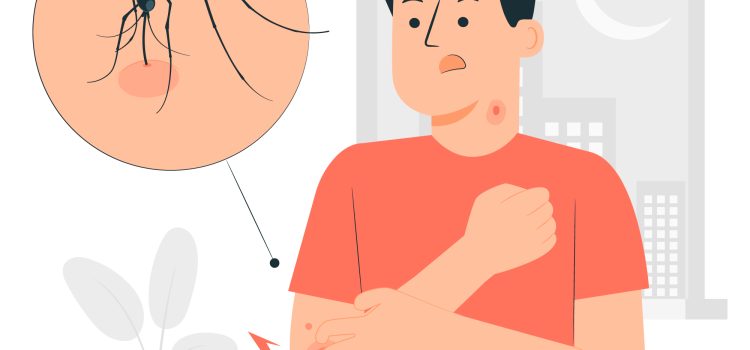
Dengue fever is a debilitating viral disease that is endemic in many tropical and subtropical regions around the world. It is caused by the dengue virus, which is transmitted to humans through the bite of infected Aedes mosquitoes. Symptoms of dengue fever include high fever, severe headache, joint and muscle pain, nausea, vomiting, and rash. While most cases of dengue fever are mild and self-limiting, some patients may develop severe dengue, which can be life-threatening.
If you or a loved one has been diagnosed with dengue fever, navigating the journey from diagnosis to recovery can be a challenging experience. In this article, we will explore the various aspects of the dengue fever journey, from diagnosis to treatment and recovery.
Diagnosis
The first step in the dengue fever journey is getting an accurate diagnosis. Dengue fever can be difficult to diagnose, as its symptoms are similar to those of other viral illnesses such as the flu. A blood test is the most reliable way to confirm a dengue fever diagnosis.
Treatment
There is no specific treatment for dengue fever, and patients are typically advised to rest, drink plenty of fluids, and take over-the-counter pain relievers to manage their symptoms. In severe cases of dengue fever, hospitalization may be required for close monitoring and supportive care.
Recovery
Most cases of dengue fever are self-limiting, and patients will typically begin to feel better within a week to ten days of symptom onset. However, recovery from dengue fever can be a slow and gradual process, and patients may experience lingering symptoms such as fatigue and joint pain for several weeks after their fever has subsided.
Prevention
Preventing dengue fever is key to avoiding the journey altogether. The most effective way to prevent dengue fever is to avoid being bitten by Aedes mosquitoes. This can be achieved by wearing protective clothing, using mosquito repellent, and eliminating standing water where mosquitoes breed.
In conclusion, if you or a loved one has been diagnosed with dengue fever, know that you are not alone. The journey from diagnosis to recovery can be a challenging one, but with proper care and attention, most patients make a full recovery. And remember, the best way to prevent dengue fever is to take steps to avoid mosquito bites in the first place.










